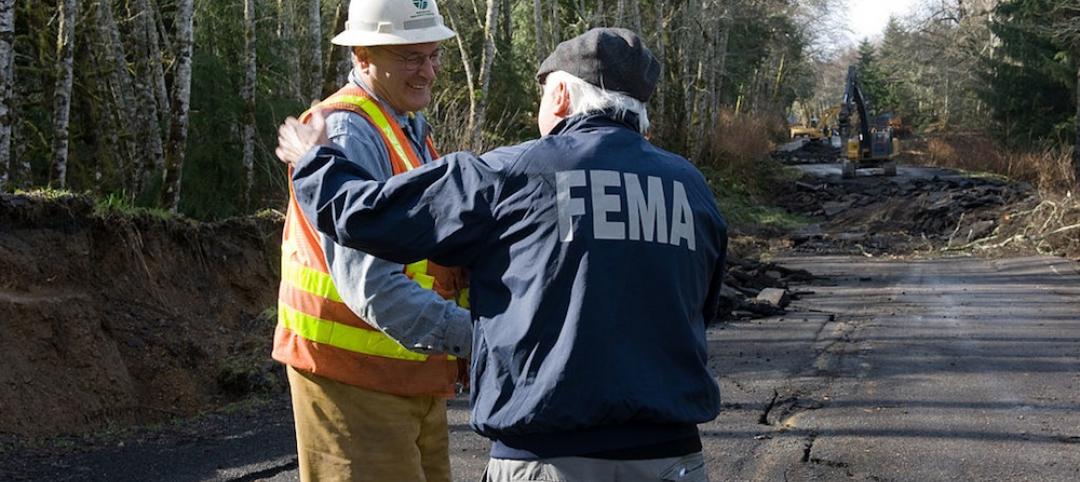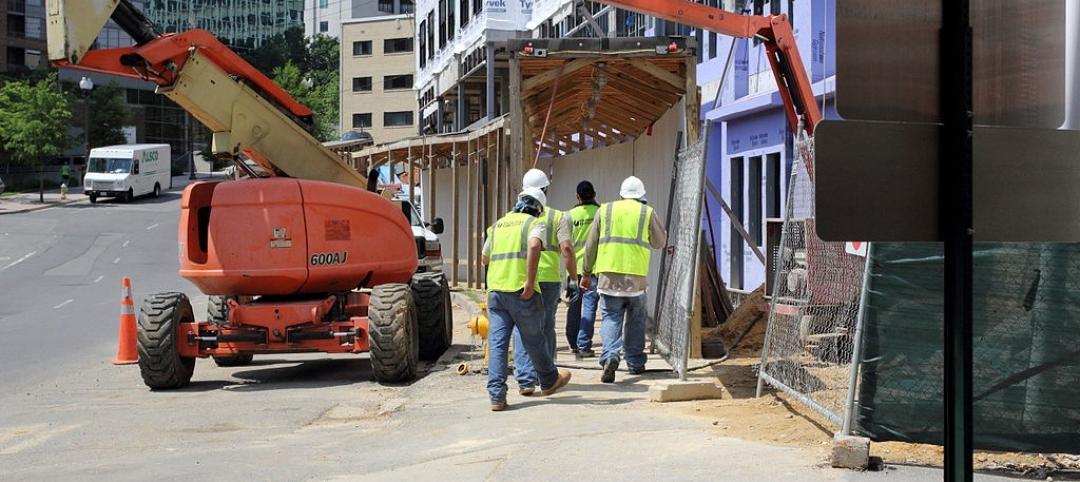Gov. Andrew Cuomo recently released a proposal for beefed up building codes and related actions to improve energy efficiency in New York State.
The Advanced Building Codes, Appliance and Equipment Efficiency Standards Act of 2021 would “significantly strengthen the state's building codes, improve energy and water efficiency, and reduce greenhouse gas emissions in New York State,” according to a statement from the governor’s office. The proposal would save New Yorkers $15 billion, with 40% of savings benefitting low- and moderate-income households, and it would reduce carbon emissions by 1.4 million tons annually, the Cuomo Administration says.
“This comprehensive legislation reduces energy and water consumption, makes sure substandard products will be removed from the market, and enhances the quality of products available, all while reducing emissions that contribute to climate change,” Cuomo says. Strengthening the energy code as proposed would allow the state to establish new energy efficiency standards for buildings, such as requiring greenhouse gas emission reduction in the design criteria.
The legislation expands appliance standards categories to cover a wider range of products and prevents appliances that do not meet minimum performance levels from being sold, leased, or installed. New York is on a path to achieving its mandated goal of a zero-emission electricity sector by 2040, including 70% renewable energy generation by 2030, and to reach economy-wide carbon neutrality, according to the Administration’s statement.
Related Stories
| Jul 31, 2014
Gypsum Association releases updates to wallboard repair standards
The Gypsum Association released updates to both GA-221 Repair of Joint Ridging and GA-222 Repairing Screw or Nail Pops standards publications.
| Jul 31, 2014
Cambridge, Mass., is latest locale to require energy usage disclosure
The City Council of Cambridge, Mass., approved the Building Energy Usage and Disclosure Ordinance (BEUDO) that requires benchmarking and disclosure of building energy performance for large commercial, institutional, and multifamily buildings.
| Jul 31, 2014
Stalled $1.5 billion Miami mixed-use redevelopment project advances
A long-delayed $1.5 billion mixed-use development in Miami moved ahead after city planners approved the project’s first phase.
| Jul 30, 2014
USGS updates National Seismic Hazard Maps
The U.S. Geological Service recently released an update of U.S. National Seismic Hazard Maps that reflect the latest analysis of where future earthquakes will occur, how frequently they may occur, and their strength.
| Jul 23, 2014
Fairfax County, Virginia toughens green standards
The Fairfax County Board of Supervisors recently strengthened its green building policy, requiring higher standards for residential, retail, office and other construction projects seeking approval for rezoning.
| Jul 23, 2014
Berkeley National Lab’s FLEXLAB is a test bed for energy efficient office design
FLEXLAB, short for the Facility for Low Energy Experiments, opened this summer at the Lawrence Berkeley National Laboratory.
| Jul 23, 2014
House passes 2015 GSA budget with 17% cut for new construction projects
The General Services Administration’s construction budget for fiscal year 2015 passed by the House this month includes cuts in both new construction and renovation/repairs compared to 2014.
| Jul 16, 2014
Coastal flooding increasing along East Coast, says report
An analysis of tidal levels and flood data by the news organization Reuters concludes that flooding has increased along the Eastern Seaboard over the past four decades.
| Jul 16, 2014
Local hiring requirement a tough challenge for new Detroit arena project
An agreement for a land transfer from the City of Detroit to Ilitch Holdings Inc., that enabled construction of a new arena for the Detroit Red Wings requires that 51% of the project’s construction workers must come from the city.
| Jul 16, 2014
Local hiring requirement a tough challenge for new Detroit arena project
An agreement for a land transfer from the City of Detroit to Ilitch Holdings Inc., that enabled construction of a new arena for the Detroit Red Wings requires that 51% of the project’s construction workers must come from the city.













